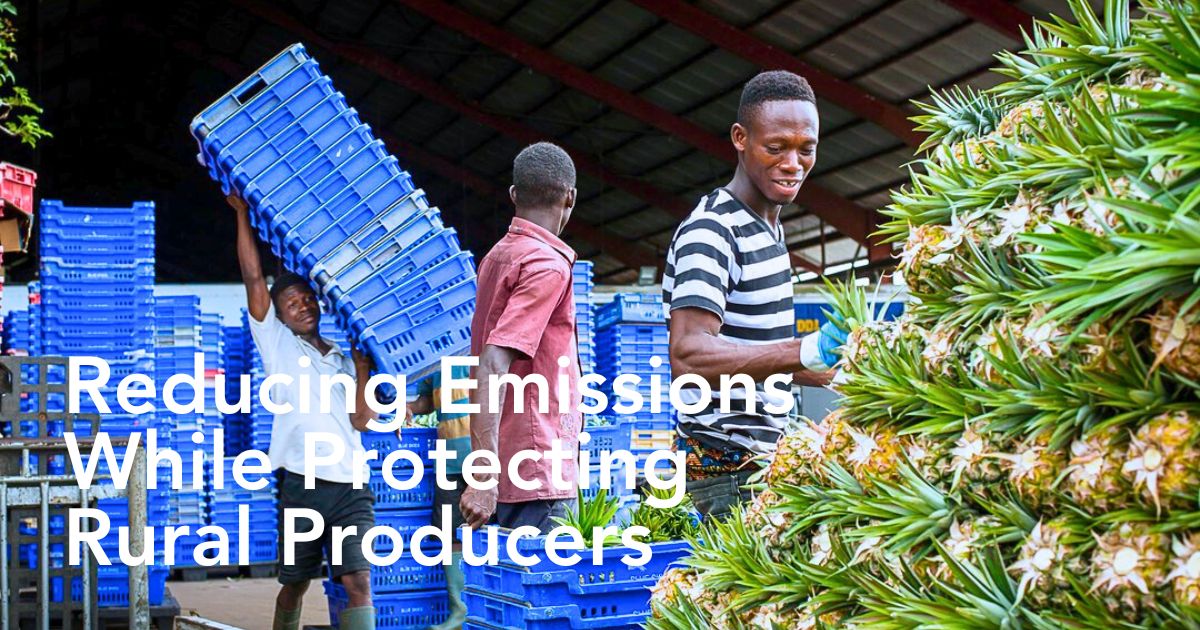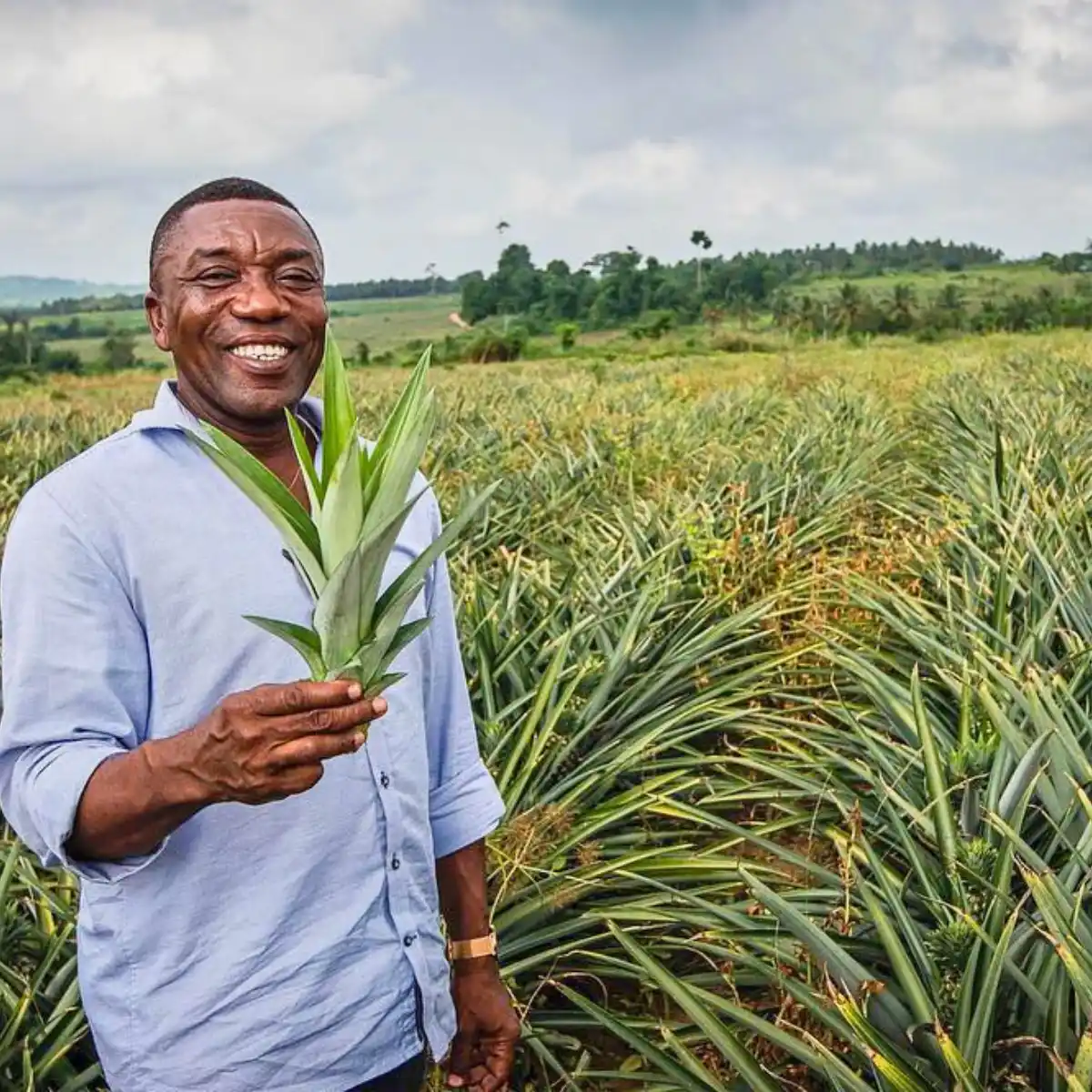Climate change is a pressing global issue that demands immediate action. But, as different organizations try to achieve net zero emissions, there is a risk that their strategies may inadvertently harm economically less developed countries (ELDCs) and rural communities. And this is where Fairmiles comes in. It is an initiative that aims to explore and implement a fair approach to achieving net zero while maintaining crucial market access for developing world producers.
This initiative seeks to decarbonize air-freighted fresh produce in a way that does not negatively impact people's livelihoods in developing countries. It, essentially, proposes to address this issue by putting in place measures that guarantee a just and evenhanded strategy to achieve net zero for airfreighted fresh produce.
Fairmiles Partners and the Key Objectives While Pursuing Climate Justice
Fairmiles is made up of organizations representing fresh produce businesses, academia, and the international development sector. It makes every effort to establish a just and equitable strategy, consistent with the principles of Climate Justice to ensure the achievement of net zero without impeding key market access for fresh produce producers in the developing world.
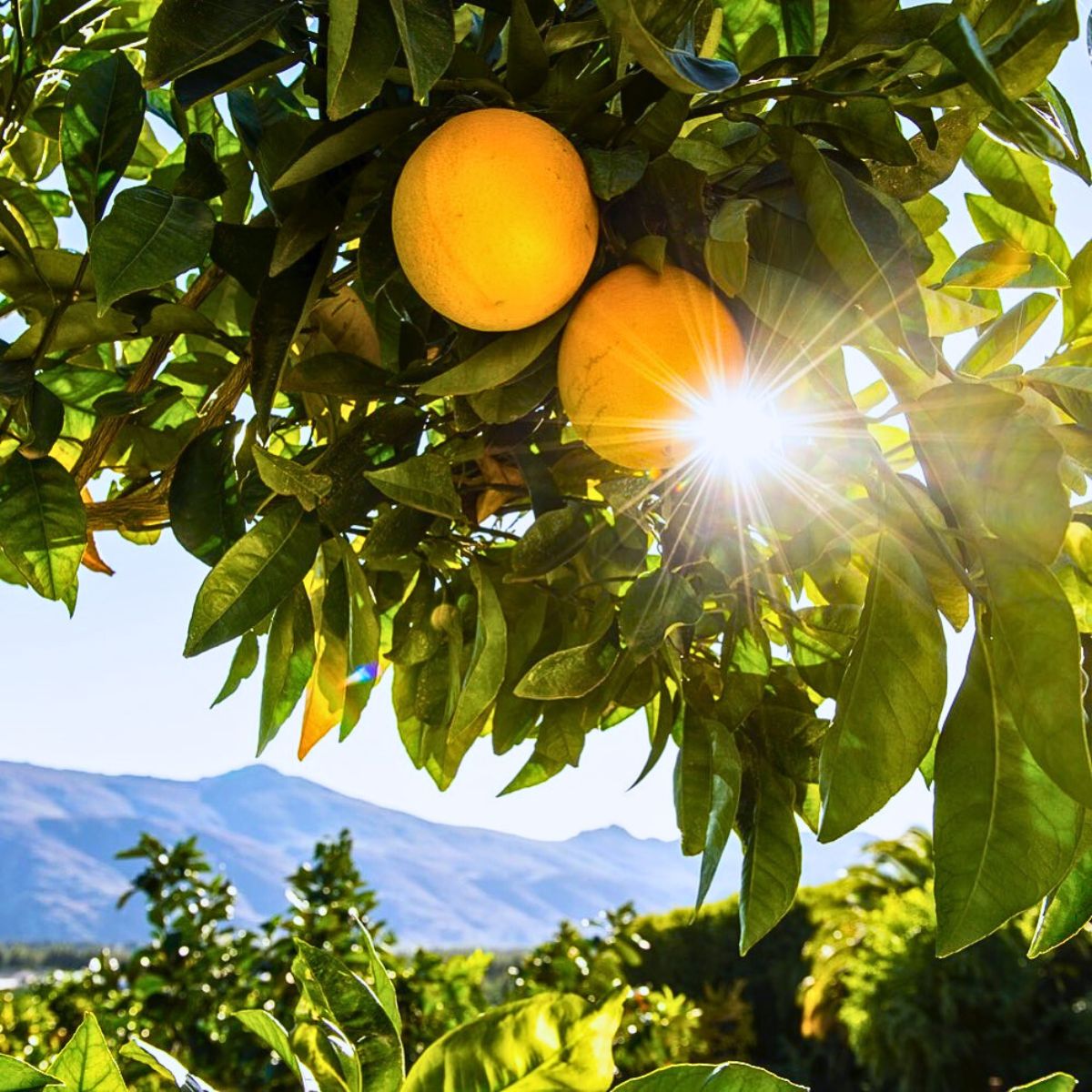
Photo by @beanstalkglobal
Basically, in this regard, Fairmiles develops climate justice-oriented net zero best-practice guidelines for the industry.
Fairmiles founding partners include the Overseas Development Institute (ODI), the University of Northampton Centre for Sustainable Business Practices, the University of Exeter, Committee Linking Entrepreneurship-Agriculture-Development (COLEAD), Beanstalk Global, and Blue Skies, an initiative founded in 1997 with the mission to build together a profitable enterprise where people respect each other, care for the environment and together, inspire a legacy for the future.
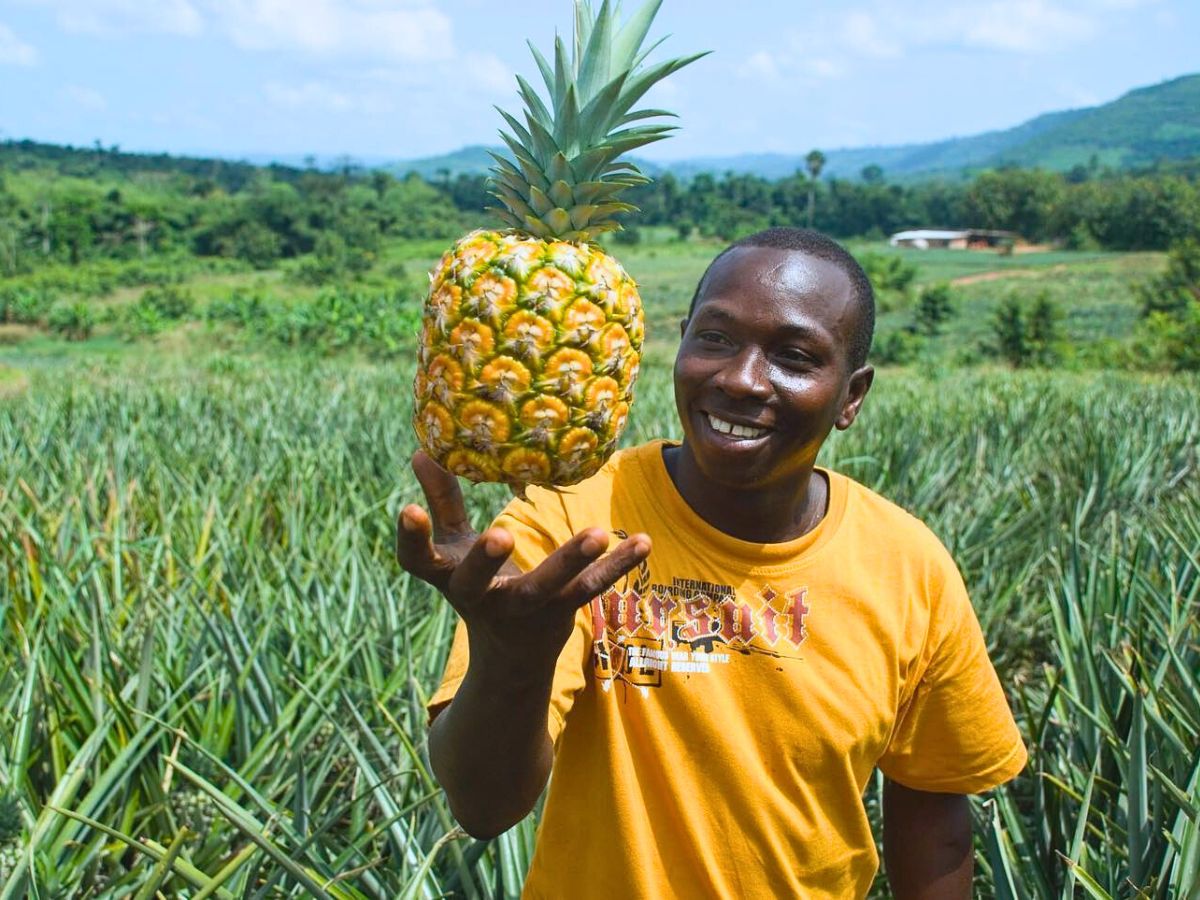
The initiative has several main goals including researching the impact of air-freighted produce, raising awareness of the issue among key stakeholders and the wider public, agreeing on Fairmiles’ net zero best-practice guidelines for the industry, and translating common ambitions into an action plan with quantifiable targets.
But its key purpose remains to establish a just and equitable strategy, consistent with the principles of Climate Justice, for decarbonizing air-freighted fresh produce. This approach will, eventually, enable the industry to make progress towards achieving net zero, while at the same time alleviating unintended repercussions such as the potential loss of livelihoods within developing communities.
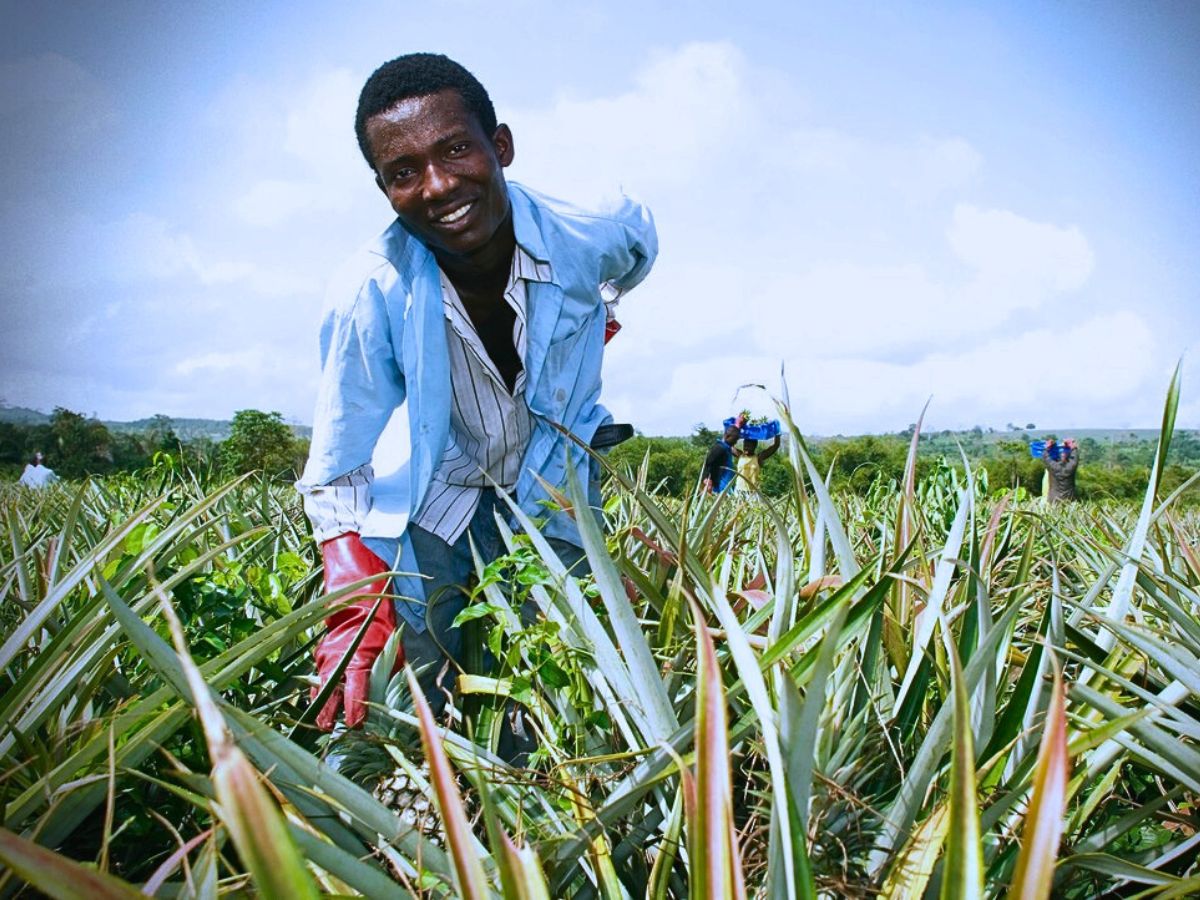
Photo by @blueskies_gh
To achieve these objectives, Fairmiles strives to engage key stakeholders in the retail, government, and charity sectors to highlight the importance of maintaining crucial trade links with developing countries. The drive, also, makes recommendations for reducing emissions without marginalizing vulnerable communities.
The Challenge of Climate Change and Net Zero Strategies
As a global crisis that can never be overlooked, climate change demands an urgent and radical reaction. While different institutions face increasing pressure to take action on climate change there is, on the other hand, a growing risk that some net zero strategies may have unintentional negative implications.
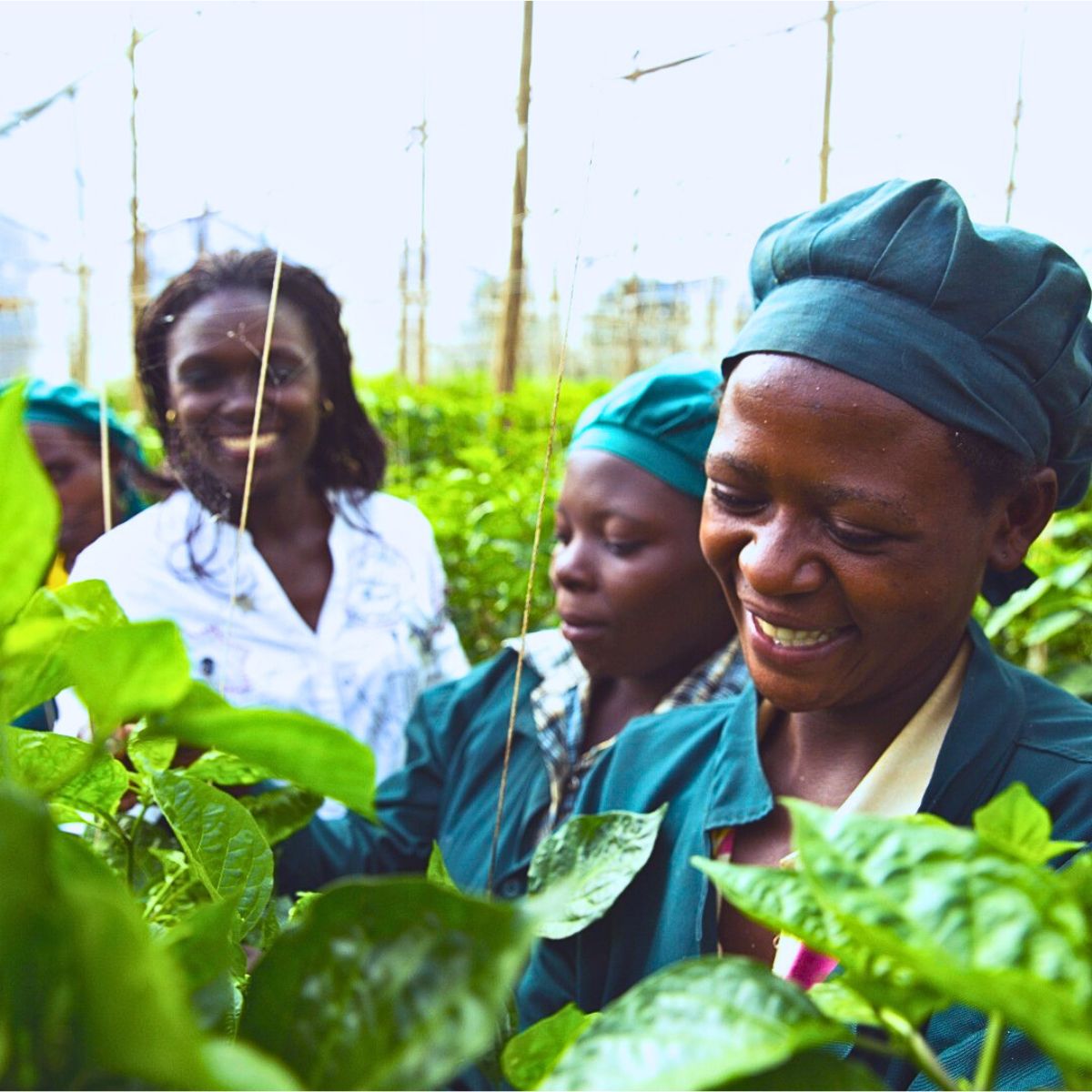
Approaches that aim to reduce emissions by restricting imported or airfreighted food could, as a result, end up alienating and negatively impacting ELDCs, ultimately harming the livelihoods of susceptible rural groups.
Fairmiles, thus, recognizes that Climate Justice — the notion that efforts to address climate change must take into account the social and economic impacts on vulnerable and marginalized communities — is an important concern. Pursuing Climate Justice means recognizing the uneven distribution of the impacts of climate change and ensuring that stratagems to reduce emissions don't further ostracize these communities.
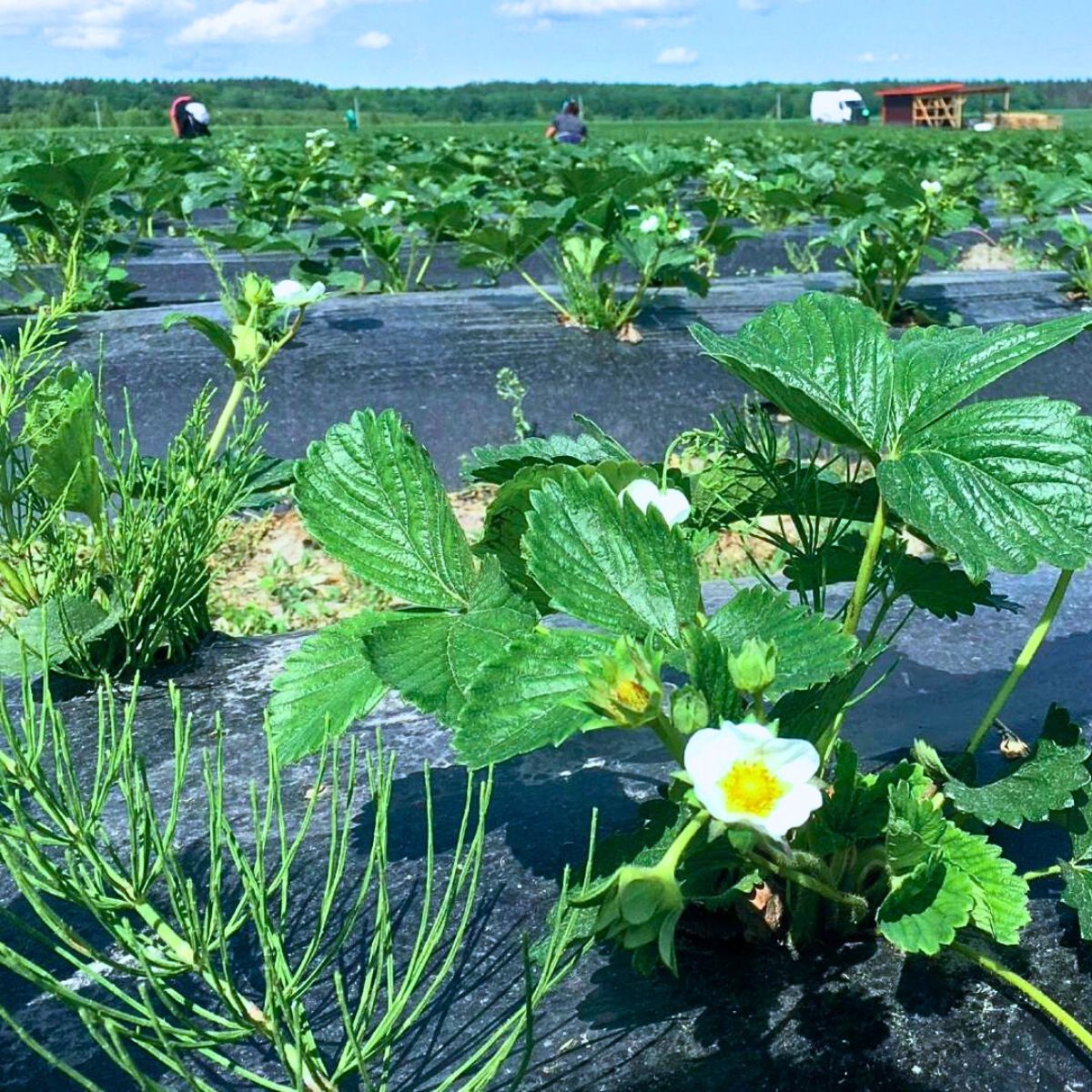
Research suggests that at least 18 million livelihoods in developing countries are supported by air-freighted fresh produce. Banning air-freighted fresh produce would, therefore, put these livelihoods at risk and would not, really, contribute to net zero goals. Fairmiles, therefore, is keen on establishing a just and equitable strategy that allows the industry to progress toward net zero while minimizing the risk of income loss in developing communities.
Fairmiles Is All About Flying for Good
Fairmiles is not just about reducing emissions; it is also about promoting sustainable development in the ELDCs. Blue Skies, one of the founding partners of Fairmiles, is a company that supplies airfreighted fresh-cut fruit and processing products like pineapples, mangos, and coconuts, which are exported to retailers primarily in the U.K. and other European markets. The company employs more than 5,000 people in plants spanning Ghana, Egypt, South Africa, Brazil, Benin, and the UK.

This employment not only supports the workers themselves but also their families, thus enhancing the economic benefits. The company’s operations and business model are guided by the principle of ‘Fresh from Harvest’. This model is built on the principle of adding value at the source, which focuses on processing fruit as soon as it is picked. This means that wherever possible, fruit is cut, prepared, and packed in the same community where it is grown. This, in turn, guarantees premium quality while maximizing local employment opportunities, and allows for higher return margins to the communities that produce it.
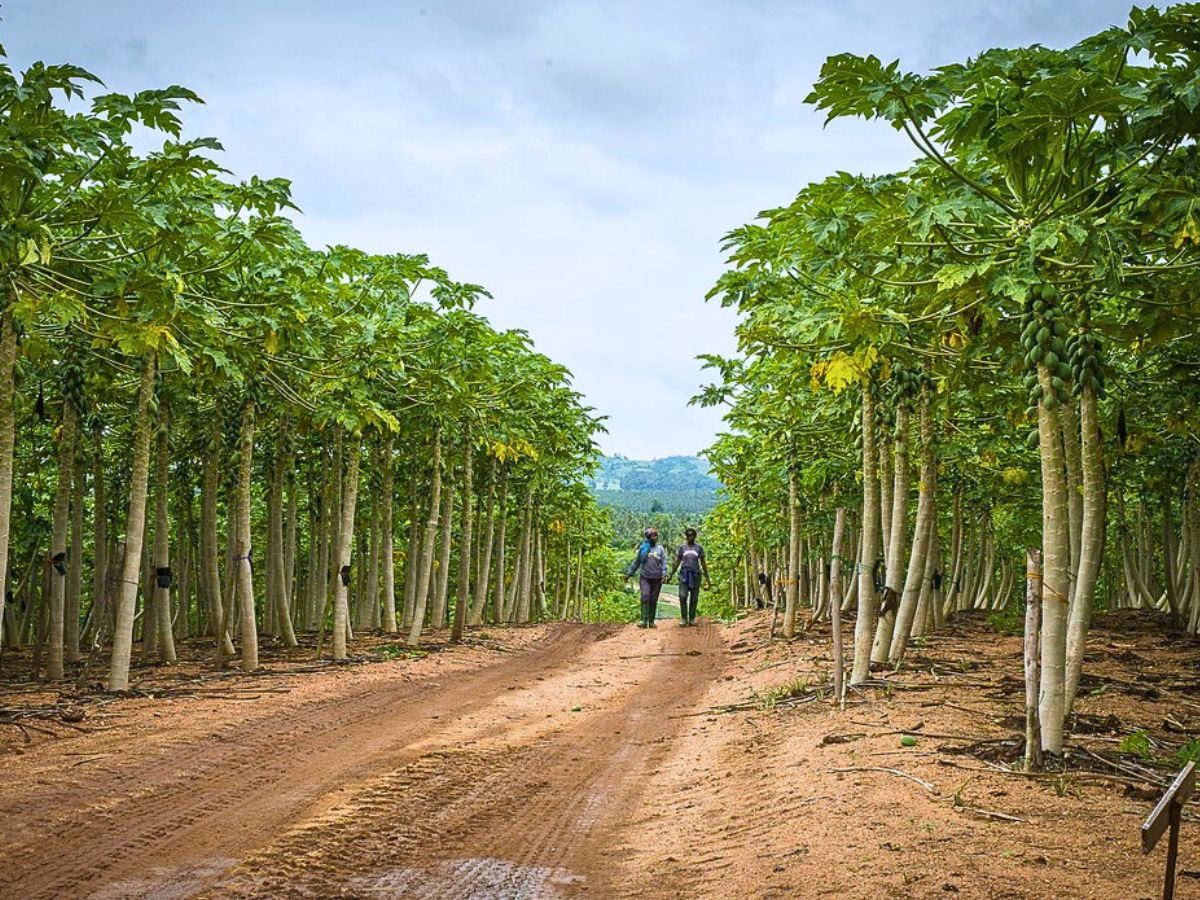
Photo by @blueskies_gh
Also, while airfreight — which is key to Blue Skies’ operations — is often criticized for its environmental impact, the organization is taking crucial steps to alleviate its carbon footprint by promoting more efficient logistics and committing to net zero emissions by 2050. It advocates for fair trade practices and stresses that airfreighting from developing countries provides critical access to global markets, which helps uplift many farmers from poverty.
Yet another program that benefits from Fairmiles’ initiative is the Flamingo Group, which has a significant presence in Kenya and Ethiopia. The company is a key player in the African agricultural and horticultural sectors. It employs some 23,000 people globally, with 10,000 employees working in Kenya alone. Flamingo’s operations cover 1,300 hectares of farmland in these regions, where it produces a range of flowers and premium vegetables for markets across Europe and elsewhere out there.
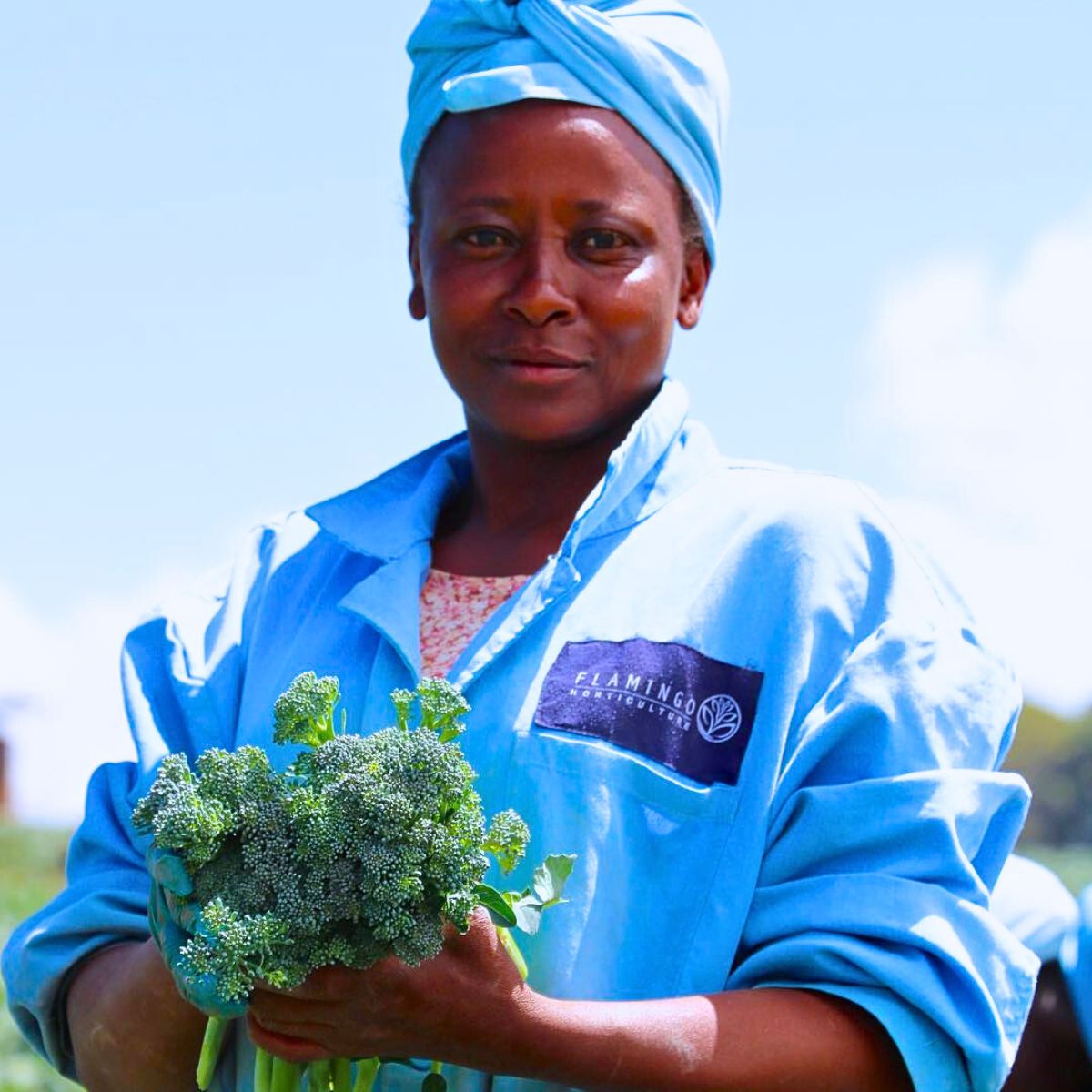
Sustainability is a central principle in Flamingo Group’s operations. The company adheres to 14 of the UN’s 17 Sustainable Development Goals (SDGs) and has a strong emphasis on reducing environmental impact. A key component of Flamingo’s business model is airfreighting, which enables the company to transport perishable products like flowers and vegetables to international markets within 24 hours of harvesting. This speedy supply chain process is essential for maintaining the quality and freshness of the products.
Fairmiles Offers a Fair Approach to Net Zero
An important element in fresh produce logistics, airfreight enables communities to thrive in global supply chains, facilitating inward investment and inclusive economic development. And the economic multipliers are substantial, helping communities to prosper. Airfreight, also, enables the digital transformation of domestic and international trade and cuts waste while increasing produce quality, with spillover effects into local markets.
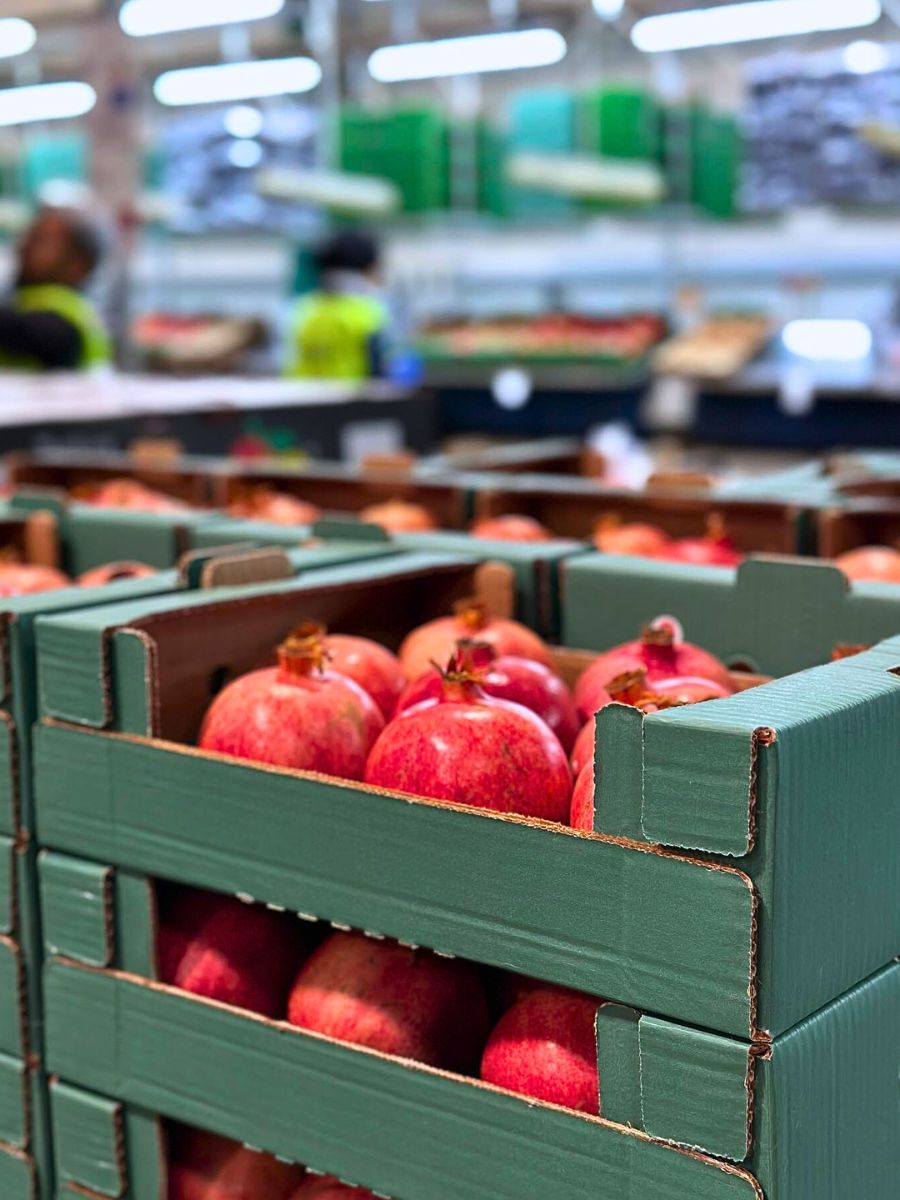
Yet, in all these, Fairmiles offers a fair approach to net zero; balancing the need for decarbonization with the importance of market access for developing world producers. Taking into account the social and economic impacts of climate change, the program goes all-out to establish a just and equitable strategy that benefits both the environment and the livelihoods of people - producers — in developing countries.
Feature image by @beanstalkglobal, header image by @blueskies_gh.

